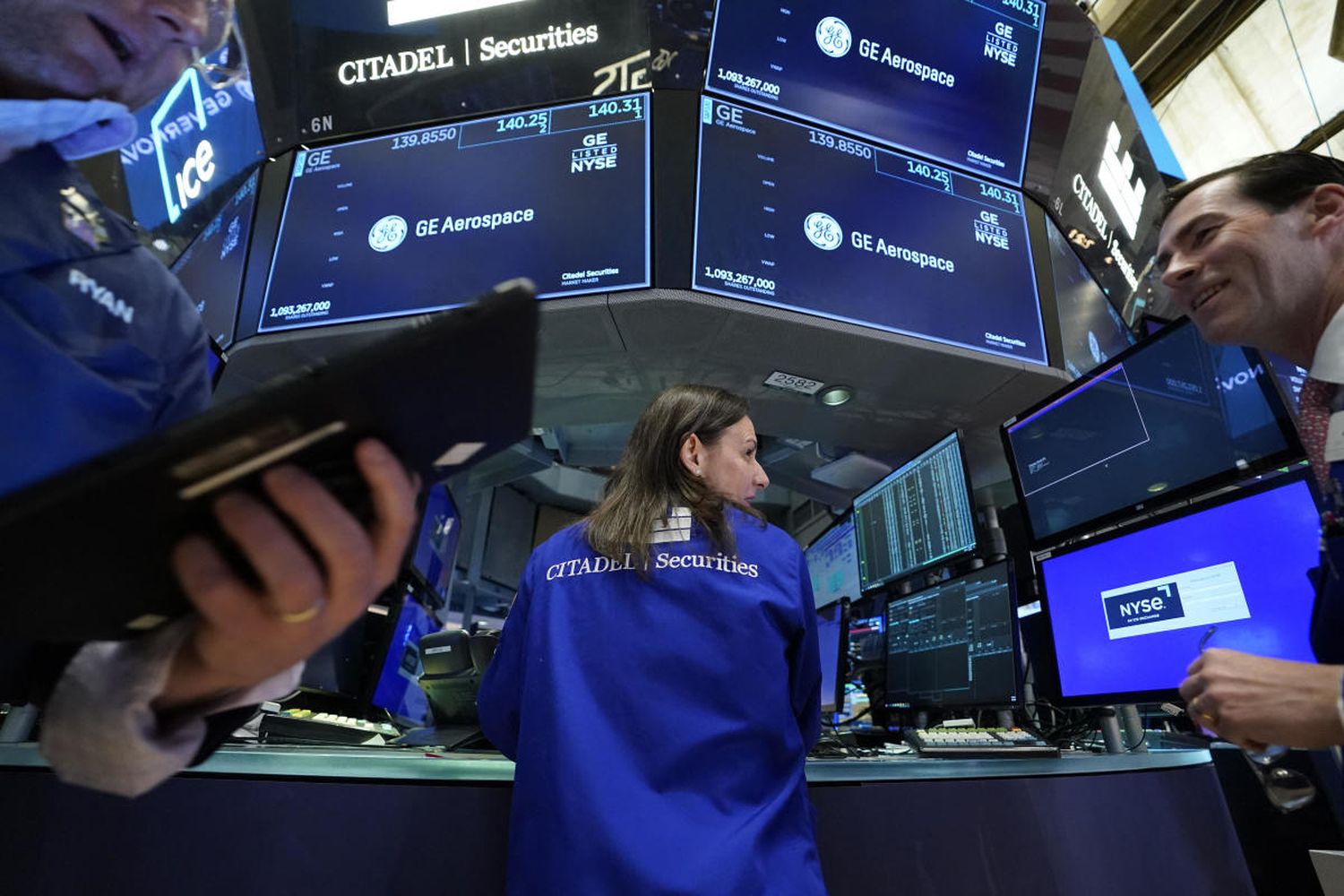U.S. Stocks
Stocks Waver and Oil Prices Rise After Israeli Missile Strike on Iran
In the wake of an Israeli missile strike on Iran, global financial markets have experienced significant volatility, with stock indices wavering and oil prices witnessing a sharp increase. The strike, which occurred early Friday, was in response to Iran's attack on Israeli territory last weekend, escalating tensions between the two nations and stoking fears of a broader conflict in the Middle East.
The immediate aftermath of the strike saw a dip in stock futures as investors grappled with the potential fallout of the conflict. Major indices such as the S&P 500, Dow Jones Industrial Average, and Nasdaq Composite all showed declines in early trading. However, as the day progressed, the markets exhibited mixed responses, with the Dow managing to claw back some of its losses, reflecting the complex interplay of fear and opportunistic buying in times of geopolitical uncertainty.
Conversely, oil prices surged in response to the strike, with Brent crude and U.S. West Texas Intermediate (WTI) both climbing significantly. The price of Brent crude briefly surpassed $90 per barrel, while WTI also saw substantial gains. The rise in oil prices is largely attributed to concerns over potential disruptions to oil supplies from the Middle East, which remains one of the world's most crucial oil-producing regions.
The escalation has particularly heightened worries about the safety of the Strait of Hormuz, a vital waterway through which about 20% of the world's oil supply passes. Any threat to the free flow of oil through this channel could have severe implications for global oil supply and, by extension, global economic stability.
Investors and market analysts are closely monitoring the situation, noting that the Iranian government's response to the Israeli strike could dictate market movements in the coming days. Iran has played down the impact of the strike, which might suggest a reluctance to escalate the conflict further. However, the situation remains fluid, and the potential for further military engagement cannot be ruled out.
The geopolitical tension has also impacted other commodities, with gold prices experiencing a rise as investors seek safer investment havens amidst the uncertainty. Gold is often considered a safe asset in times of political and economic turmoil, and its price increase is a typical response to such crises.
The broader economic implications of the conflict are also significant. The Middle East is a pivotal region for global energy markets, and sustained conflict could disrupt oil supplies and inflate global energy prices, leading to increased costs for consumers and businesses worldwide. Additionally, the uncertainty could dampen investor confidence and curtail economic growth, particularly if the conflict were to escalate or prolong.
Financial markets in the Gulf region have also reacted to the escalation, with slight declines observed in stock indices across several Gulf countries. This regional response underscores the interconnected nature of global and local markets, particularly in a region so closely linked to oil production.
As the situation develops, the international community has called for restraint and de-escalation. The potential for a broader conflict could have devastating consequences not only for the Middle East but for the global economy at large. Diplomatic efforts are likely to intensify in the coming days as world leaders seek to mediate the situation and prevent a further escalation that could lead to a more extensive military conflict.
Investors and policymakers will continue to watch the developments closely, as the economic and political stakes are incredibly high. The coming weeks will be crucial in determining the trajectory of this conflict and its broader implications for global markets and international relations.

